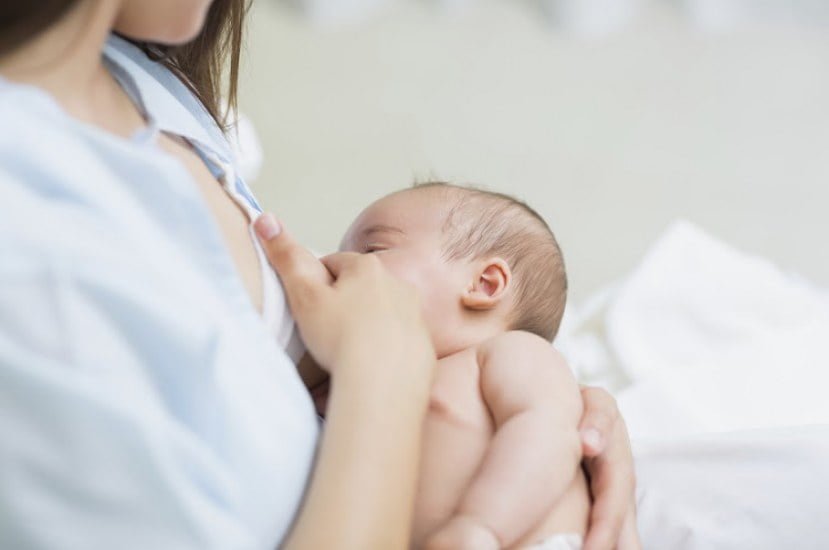While evaluating the results of several studies addressing on the effect of breastfeeding and the risk of childhood eczema, the results have been a controversy, but majority of reviews and research done on this topic reports a common conclusion that there is relationship between long term breastfeeding and risk of childhood eczema.
Recently a research published in Journal of Allergy and Clinical Immunology showed that long term breastfeeding may increases risk of eczema in children, whereas the risk of wheezy disorder was reduced during breast feeding.
To investigate further, the researchers studied data on 321 infants from the Copenhagen Study on Asthma in Childhood (COPSAC) who were born to mothers with a history of asthma.
Over the children’s first 2 years of life, mothers completed questionnaires about breastfeeding and were asked to record any episodes of wheezing in their children lasting more than 3 days. Wheezing exacerbations were defined as episodes requiring treatment with high-dose inhaled steroids or oral steroids, or leading to hospitalization.
All diagnoses of eczema in the children during the first 2 years of life were also recorded.
In addition, the researchers measured polyunsaturated fatty acids levels in the mothers’ breast milk to investigate any possible relationship with the development of wheeze and eczema in the children.
In total, 122 children were diagnosed with eczema, 262 experienced a wheezing episode, and 36 suffered a wheezy exacerbation before the age of 2 years.
After accounting for demographics, filaggrin gene variants, parental eczema, exposure to pets at home, and maternal smoking, the researchers found that, compared with non-exclusive breastfeeding, exclusive breastfeeding was significantly associated with a 33% reduced relative risk for wheezing episodes and an 84% reduced relative risk for wheezy exacerbations.
However, exclusive breastfeeding was also associated with a significant 2.09-fold increased relative risk for eczema, after adjustment.
The researchers found no significant association between the fatty acid composition of mother’s milk and the risk of eczema or wheeze in children.
Bisgaard and team conclude: “Duration of exclusive breast-feeding increased the infant’s risk of eczema, whereas the risk of wheezy disorder was diminished during breastfeeding.”
They further suggest that “ extended breastfeeding for the prevention of eczema should not be recommended to high-risk populations.”
Source: MedWire



Leave a comment